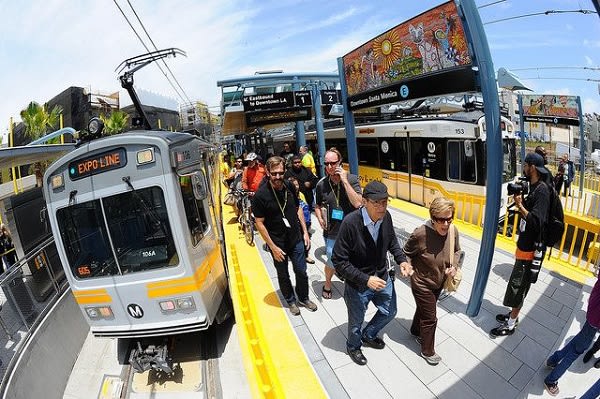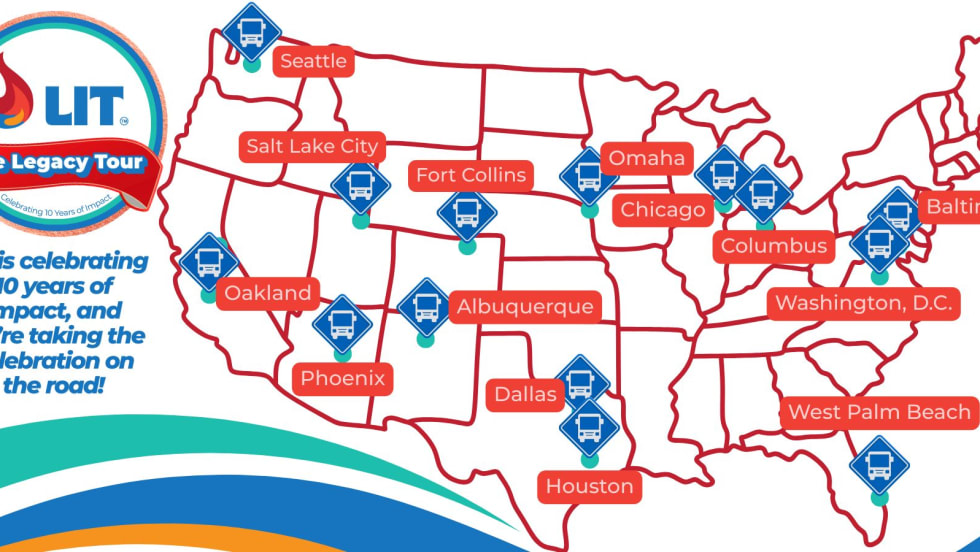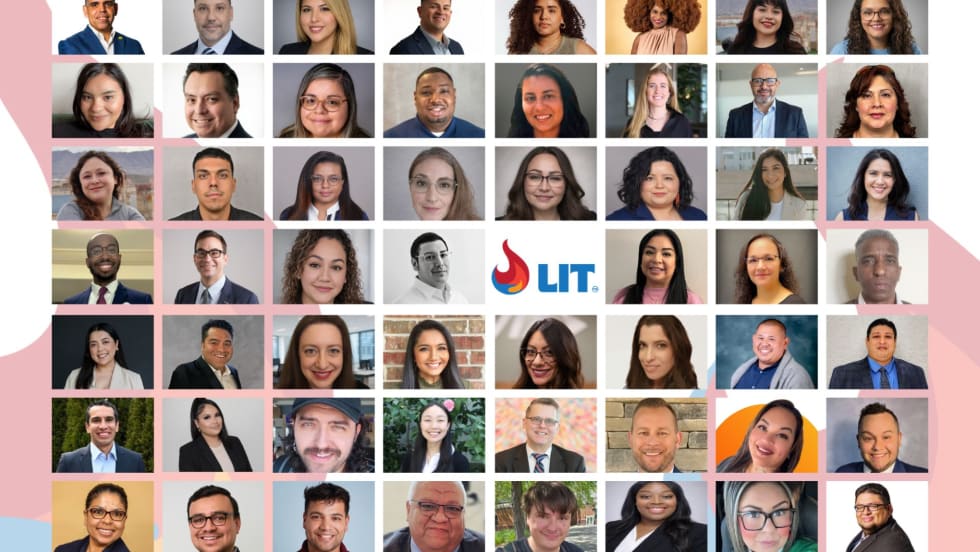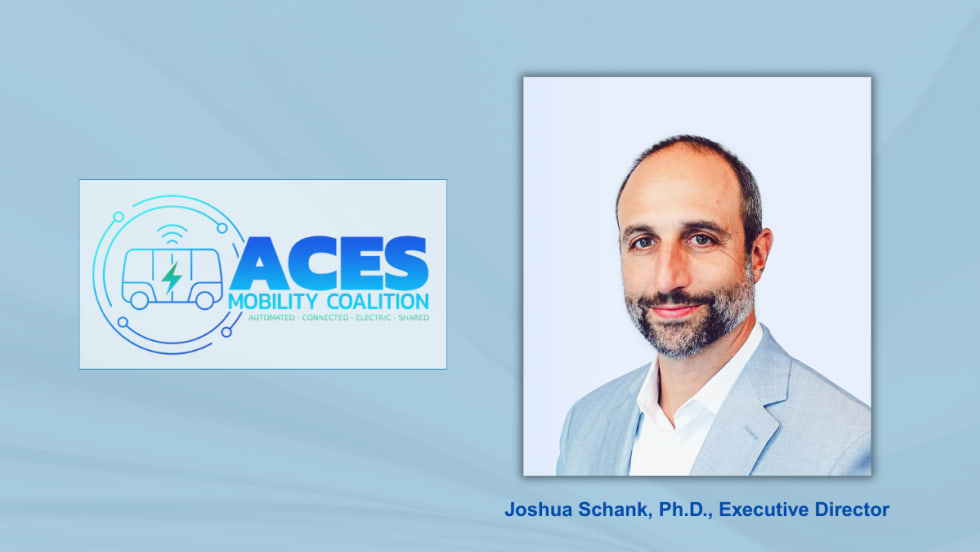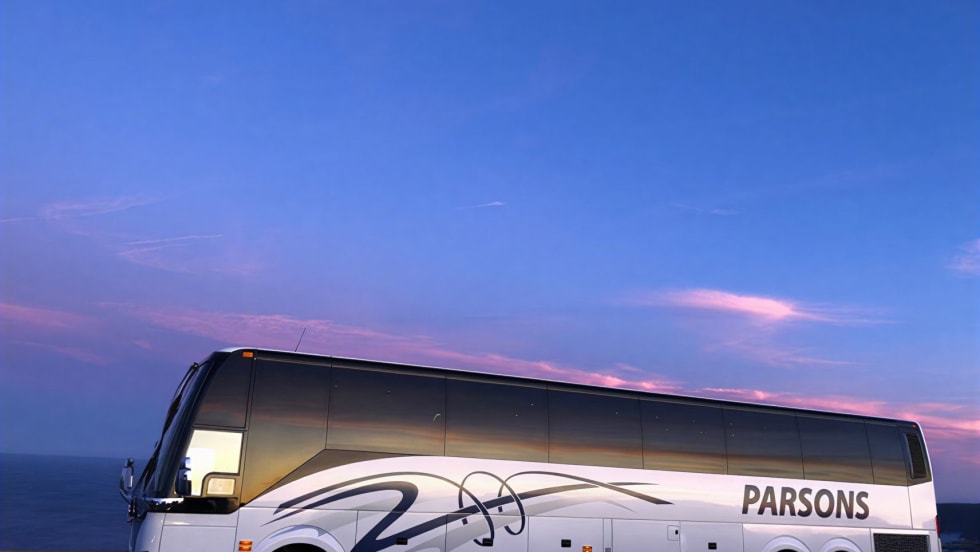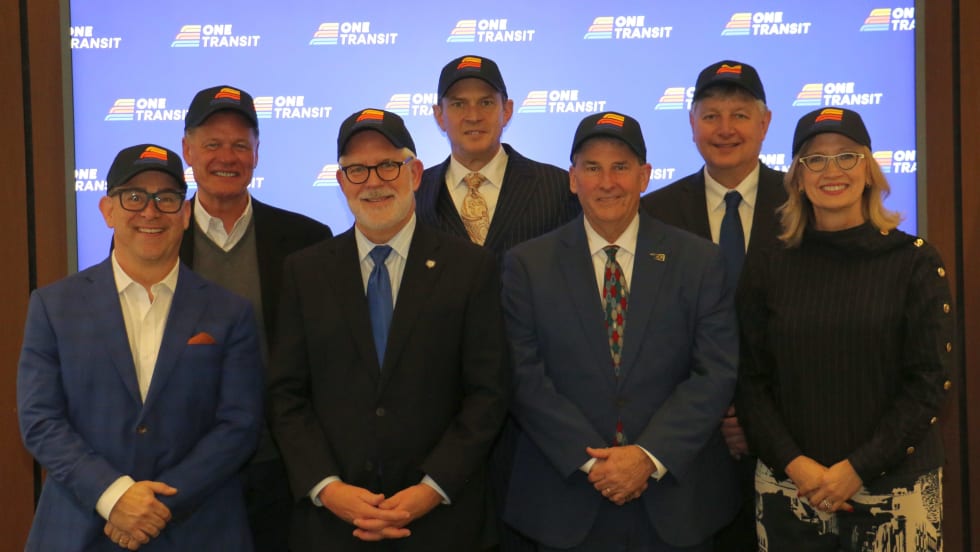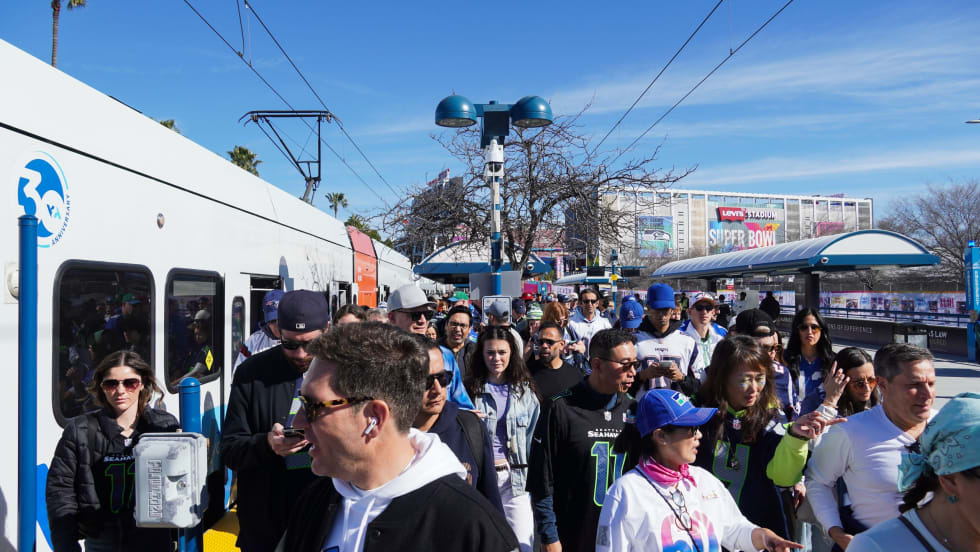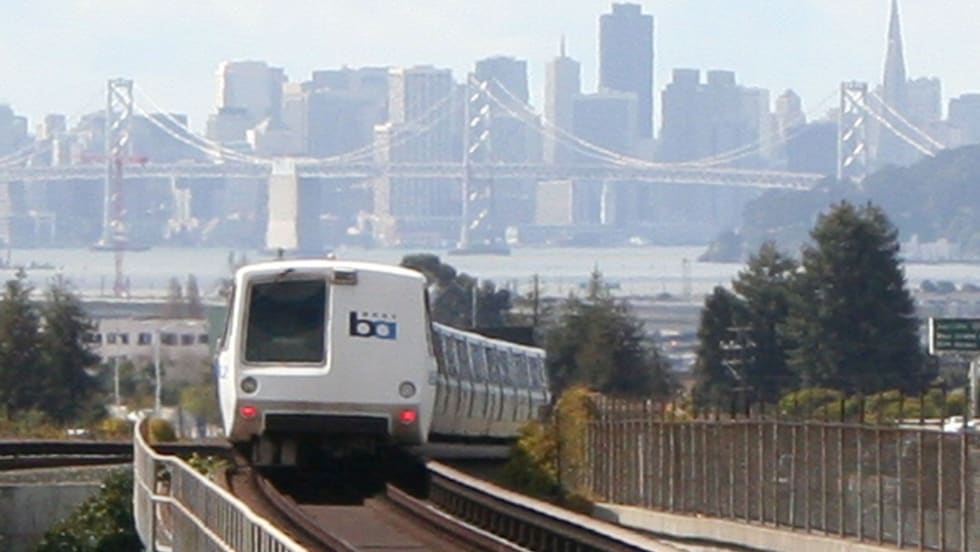The Federal Transit Administration has awarded $700,000 to the Los Angeles County Metropolitan Transportation Authority (Metro) to develop a $1.3-million Travel Rewards Research Pilot Project.
With this grant, Metro is partnering with the Harvard School of Business, the Duke Center for Advanced Hindsight, and private sector technology and mobility partners to identify and test the most effective incentives to persuade travelers to skip driving alone and instead choose transit, ridesharing, walking, bicycling, or telecommuting. The approximately $1.3-million budget for the project includes $412,000 of in-kind development from private technology partners.
The FTA grant was awarded as part of its Accelerating Innovative Mobility program, which is designed to drive innovation by promoting forward-thinking approaches to improve transit financing, system design, and service.
“Now, more than ever, it’s important for Metro to find innovative ways to not just recover, but come back stronger from this challenging pandemic,” said Metro CEO Phillip A. Washington. “We’re thankful that this grant from the FTA will allow us to explore creative new ways to get more people walking, biking, rolling, and riding on transit to help solve traffic in Los Angeles County.”
The idea for the pilot came from a 2018 forum hosted by Metro’s Office of Extraordinary Innovation called “Think You Can Solve Traffic?” The forum was designed to solicit private industry solutions to solving traffic problems in L.A. County. From that forum came several proposals to develop a travel rewards incentive program to get more riders to choose transit over driving alone.
The project will focus on understanding how people choose to travel around the county and region. Not only will it encourage people to take transit and other alternatives to driving alone, it also envisions rewarding them for their actions. It will also help Metro’s goals of reducing traffic and travel times.
The results of the pilot will be shared with other transit agencies, allowing them to learn from and consider adopting the lessons learned by Metro’s pilot.



